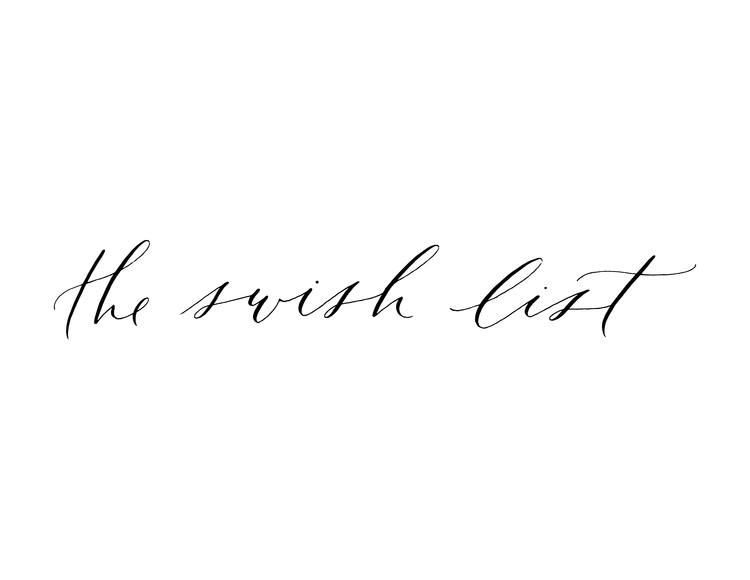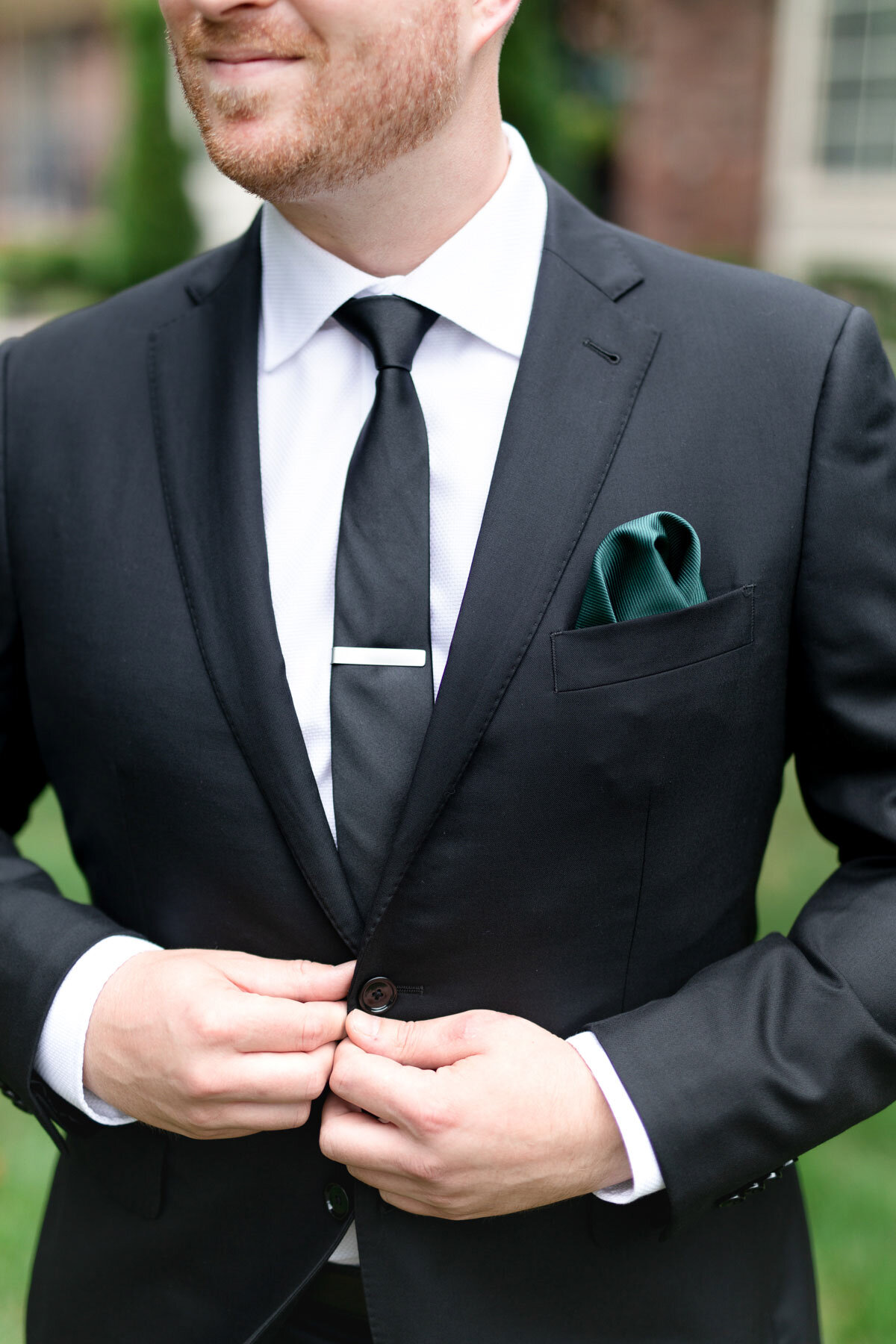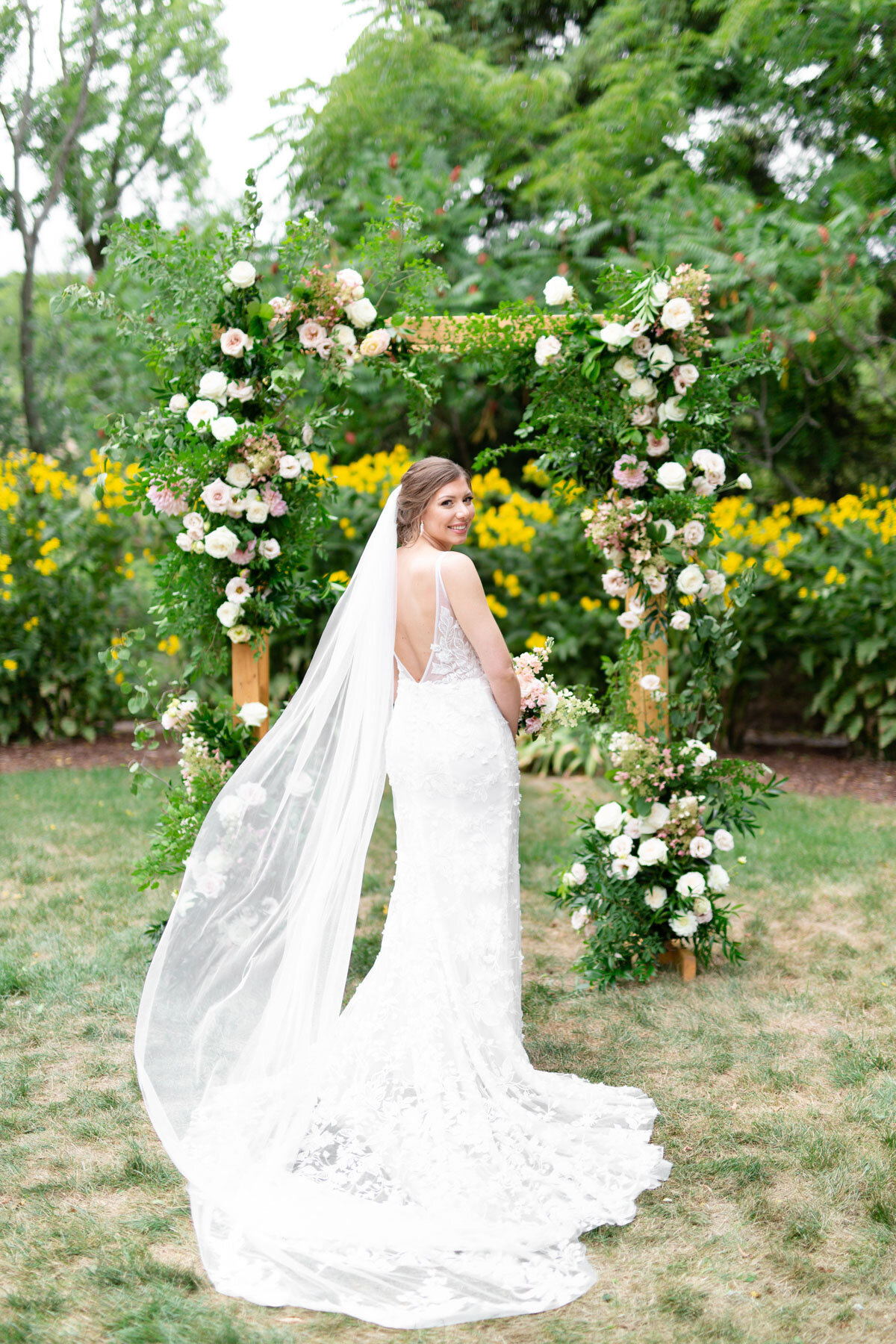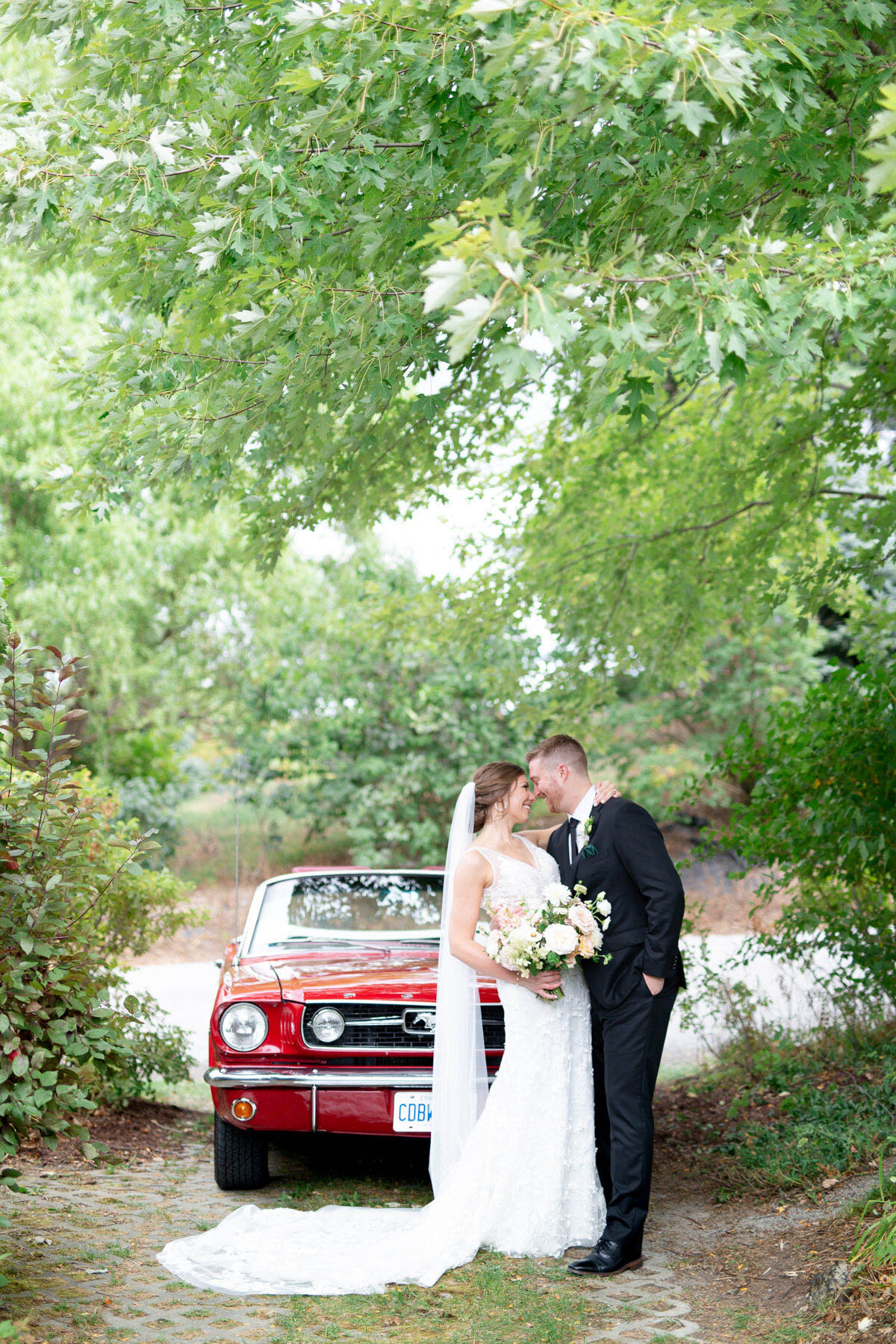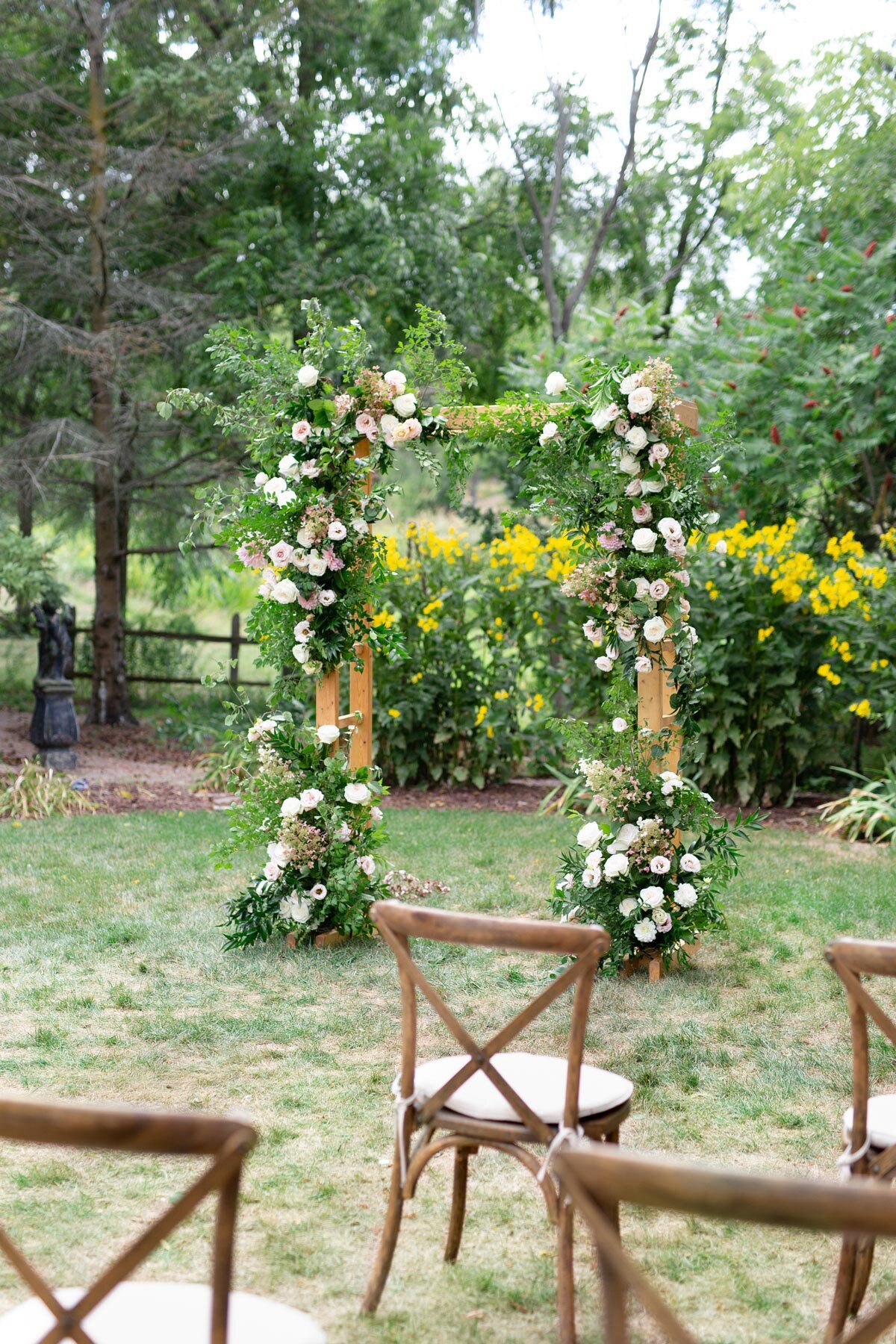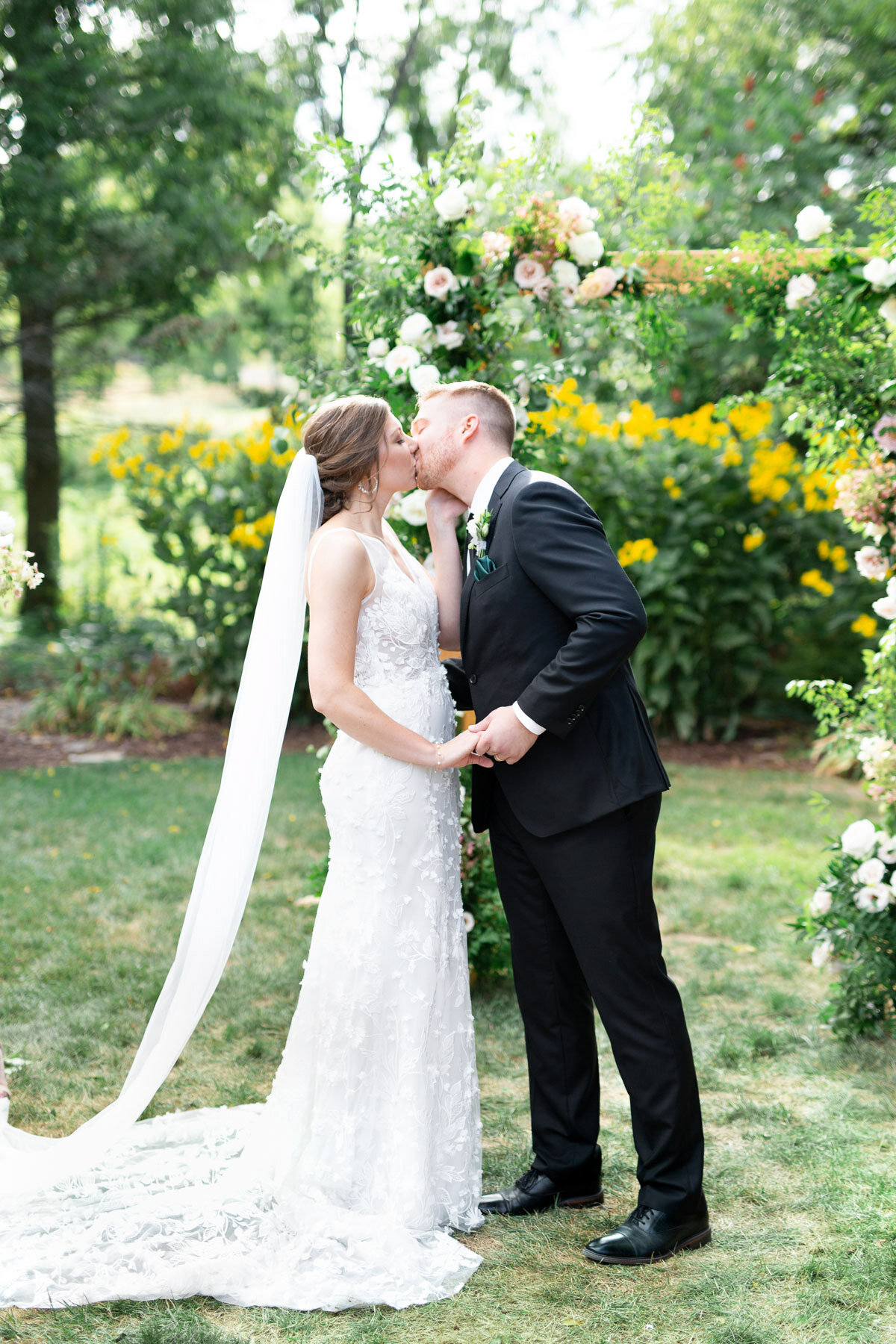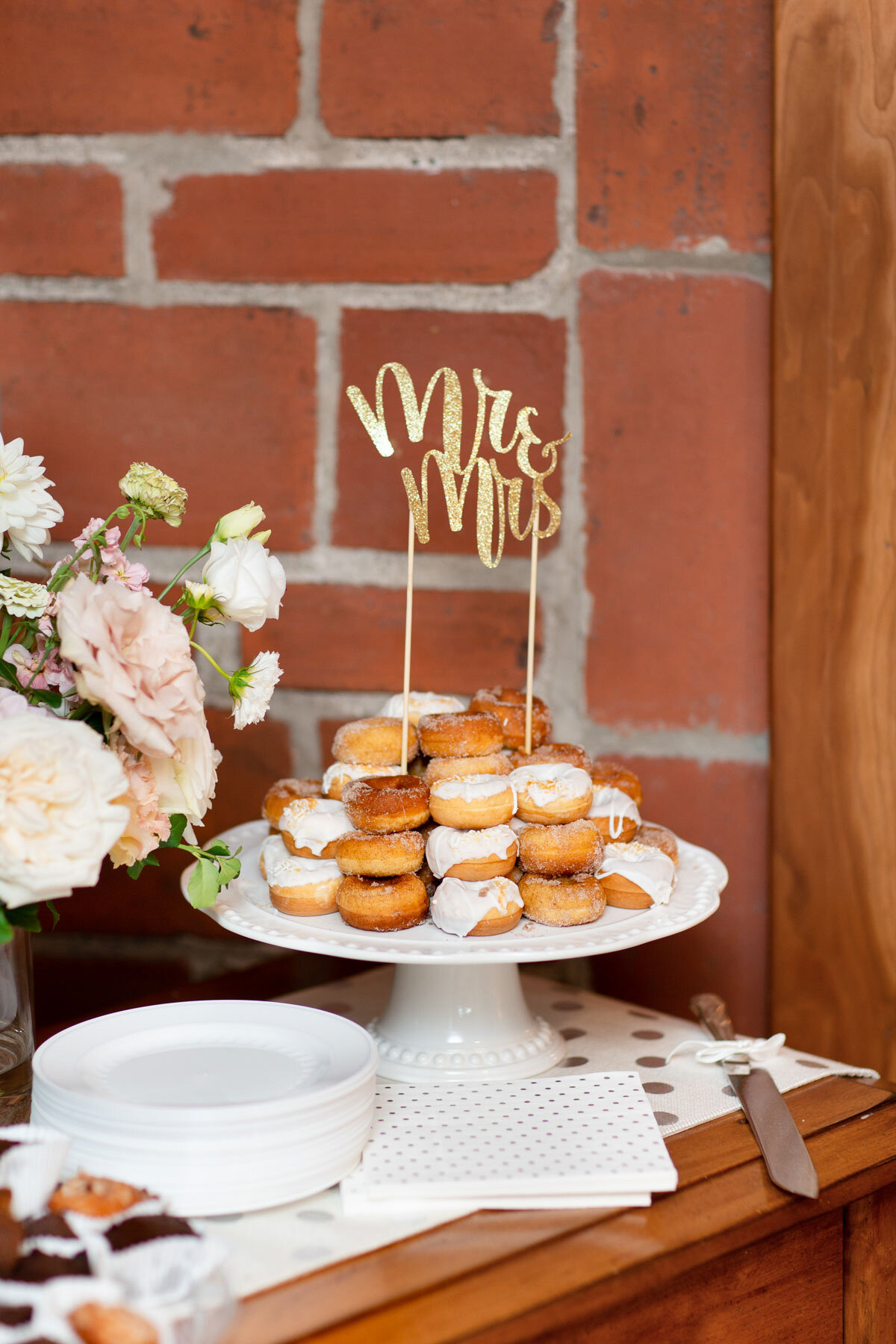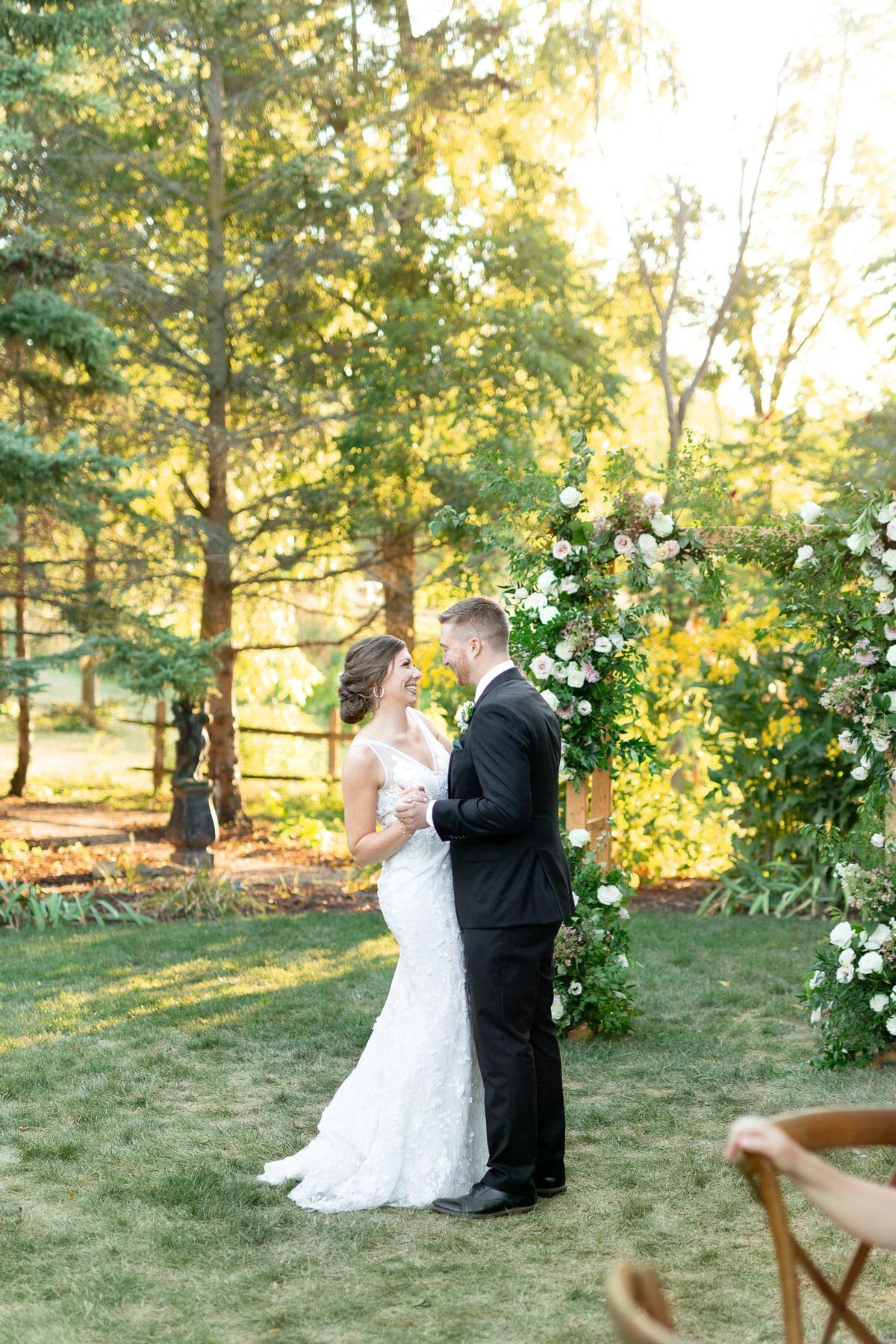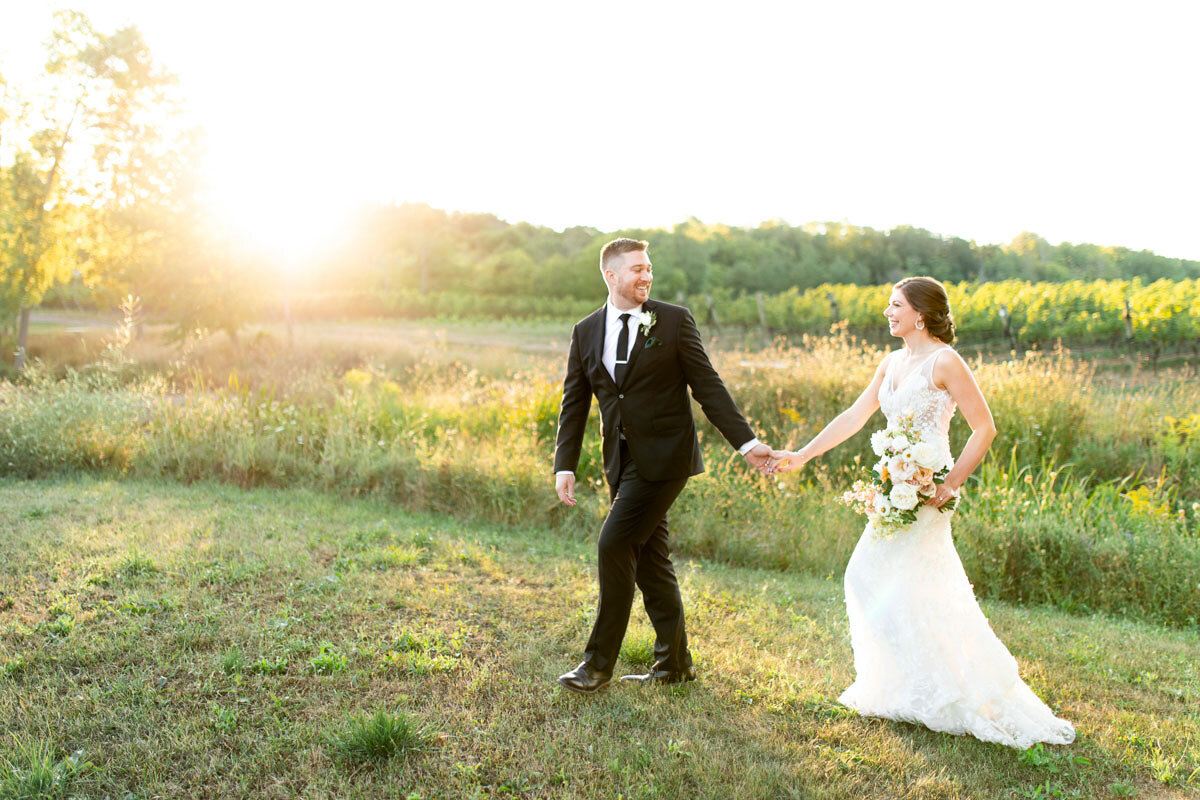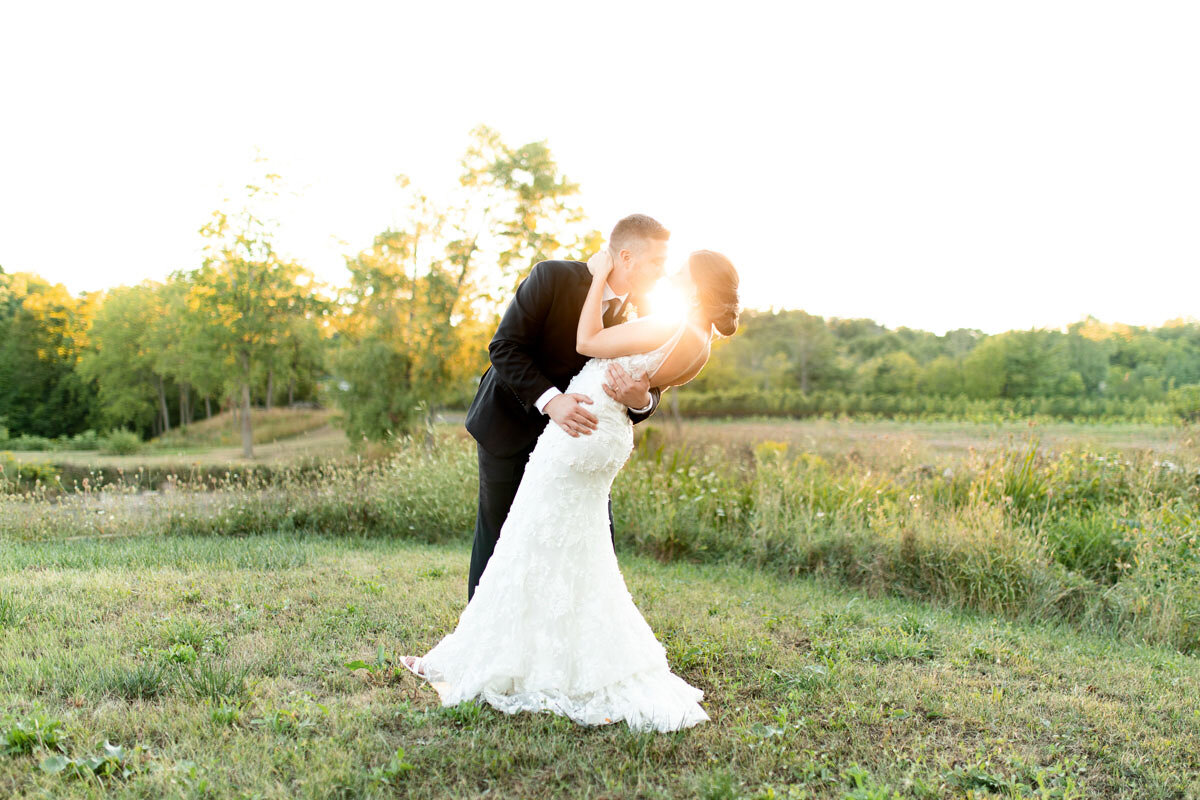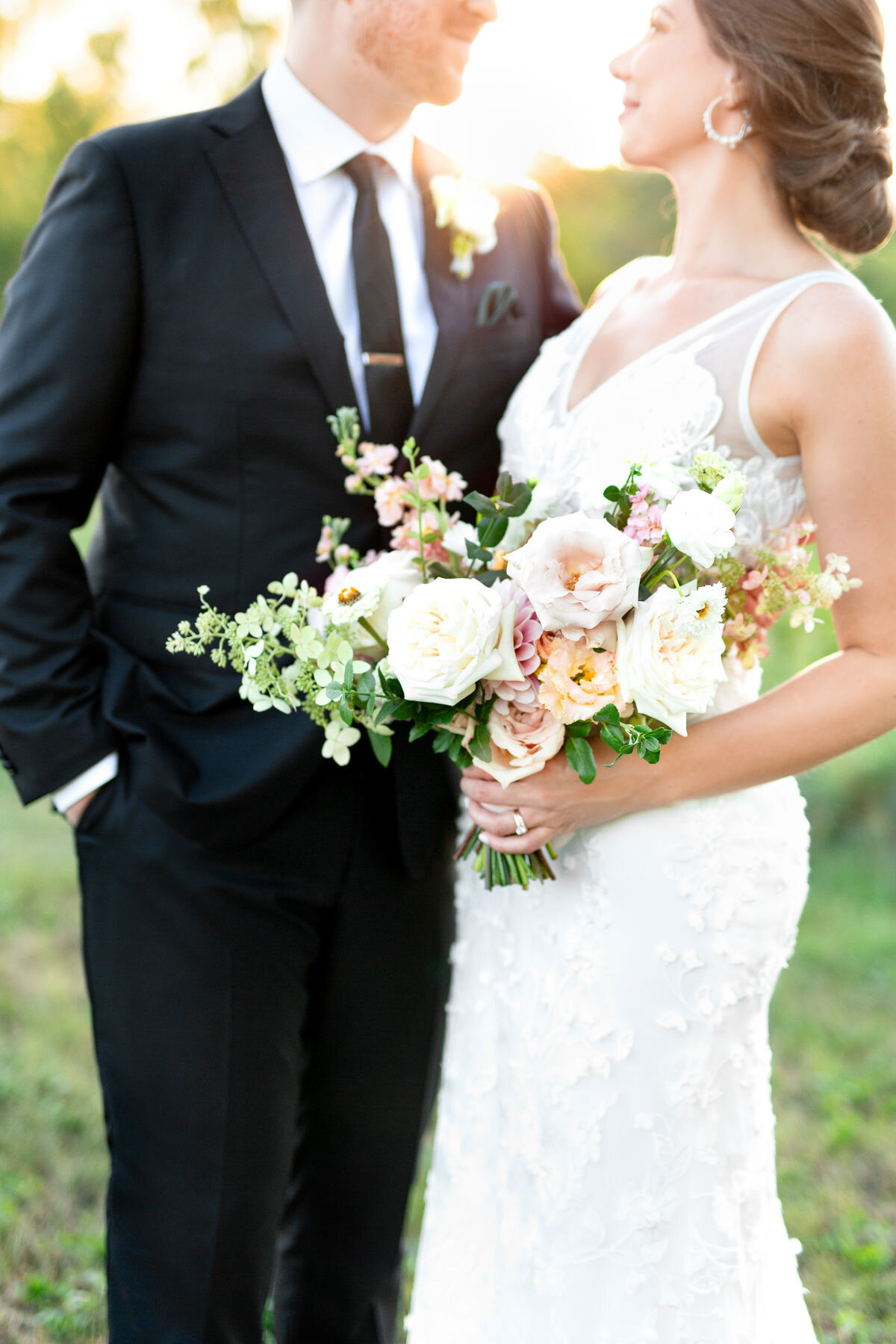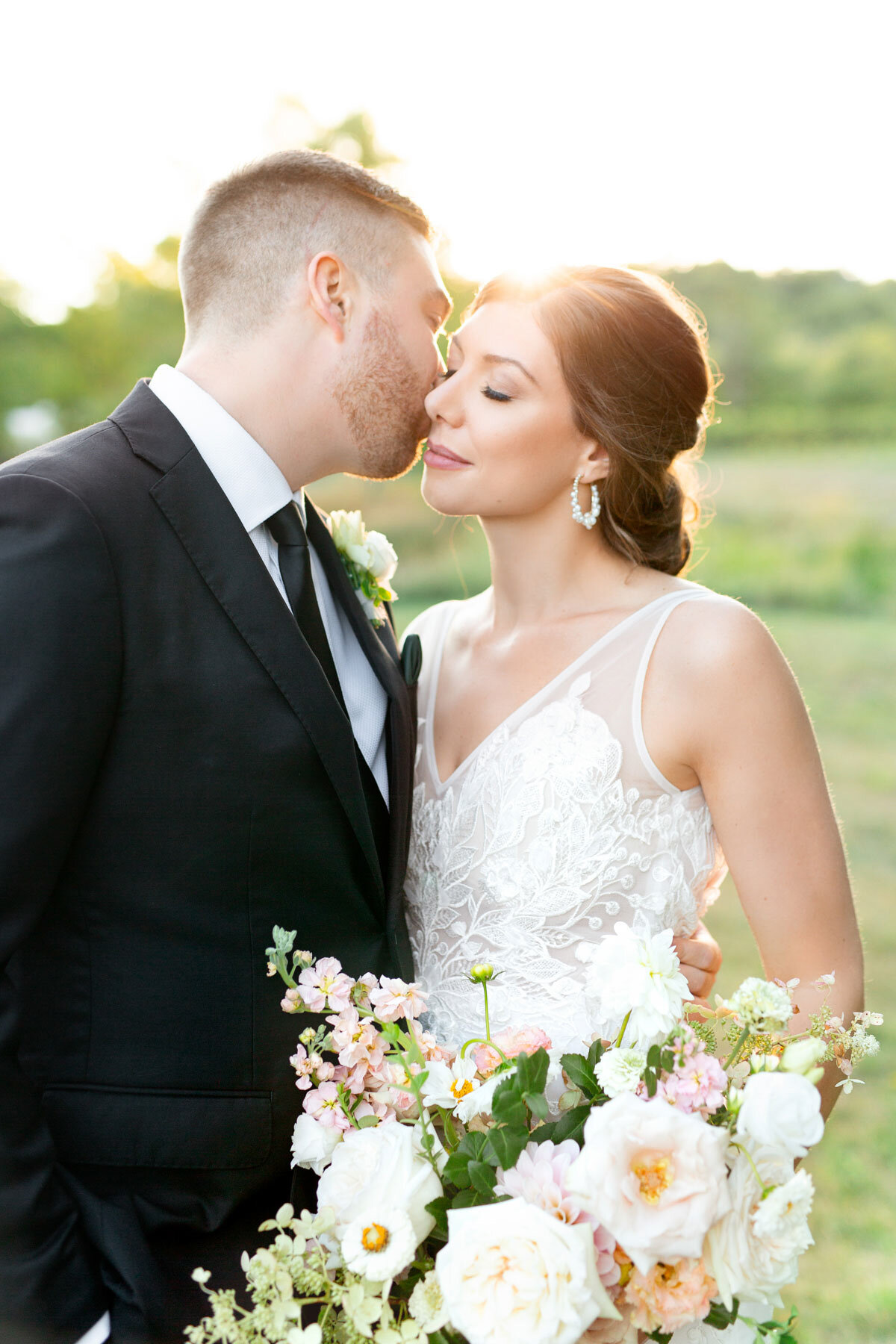HOW TO CREATE A WEDDING BUDGET | THE VINEYARD BRIDE GUIDE
Today we share another feature of The Vineyard Bride Guide, a series that showcases the various components a couple will encounter during their wedding planning process, arming readers with the tools, tips + tricks to ease the stress of maneuvering these details and make the planning journey a joyful one.
Officiant: Cathy Davis and Co
From Amanda Cowley, Niagara-based wedding planner + designer:
Besides booking a venue and setting a date, one of the first items a newly engaged couple determines is their wedding budget. Considering this is most likely the first time planning a wedding, setting a budget may be daunting and feel overwhelming: where do you start? How do you know how much to spend? Who is supposed to contribute and how much? The hope is that this post provides some clarity and makes the process feel less stressful!
Where do you start?
The first thing to consider is what you want your wedding celebration to look like. Is the focus just on the day of or will there be a welcome reception, rehearsal dinner, farewell brunch, or other miscellaneous events that will be out-of-pocket? if you are spreading the funds across all of these events, budget for each one separately, placing the wedding at the top of the pyramid and allowing the smaller events to trickle down. It is not necessary to assume that as the hosts you will be covering the costs of these events in their entirety, so if the budget doesn’t allow you to host all of your wedding day guests at a welcome reception or for you to cover the costs of wedding party dates at a rehearsal dinner, then be logical and upfront about this when planning your budget.
Who will be contributing?
It’s really easy to want to go for it on the day as you won’t want to regret not splurging on something, but in the end, your wedding shouldn’t put you (or anyone else) in debt or be something that financially strains your brand-new marriage. Besides any savings you may have set aside, most couples allocate approximately 10% of their monthly income toward their wedding budget. Sit down together to do the math and have an honest conversation about where you think a reasonable place to land is.
If you have parents or loved ones who have kindly offered to contribute to the budget or you are comfortable asking for assistance with the finances, you can choose to use those funds as a way to elevate your planning or to help cover the costs of any pre or post-wedding events. Traditionally, the groom’s family covers the cost of a rehearsal dinner and the bar bill at the wedding reception, while bridesmaids and mothers of the bride + groom help cover the cost of a bridal shower. Although traditional, it shouldn’t be assumed.
how to allocate funds
Now you have your base nest egg of funds and a figure that you want to work with, where should you expect the money to be spent. The bulk of the budget or approximately 40%, goes towards your venue + food + beverage costs. These costs are typically bundled in your venue fee but may also include site fees, gratuities, and any applicable taxes. Check your contract to see if gratuities are automatically included or need to be considered outside of your quote. tracking your budget.
The remaining 60% is spread out across video + photography, wedding planning, attire, beauty, florals + decor, transportation, cake, entertainment, etc. Determine which details are the most important and which items you aren’t fussed about including — being realistic about your wants and needs will help create more room in your budget for the things you deem important.
tracking your budget
Regardless of the system you use: a spreadsheet, an online planning program, or good old-fashioned pen + paper, tracking your budget and spending is the key to ensuring you stay on track. This visual will give you a realistic look at where you stand and should be referenced after any purchase is made, so make a point to revisit your budget together and often so as not to lose sight. Hiring a wedding planner is a wonderful way to have professional budget management support and to receive insight into how to make your budget go further. Planners have learned invaluable tips and tricks that can make the investment to hire them extremely smart and worth the effort in the end.
things to consider
Beyond your contractual payments be sure to remember that there are customary gratuities for some of the vendors your will book. Traditionally, transportation drivers, hair + makeup artists, and catering/bartending staff are tipped outside of their quote.
sticking to it!
As mentioned above it is really easy to get swept away when planning a wedding. The amount of inspiration at our fingertips is endless and it’s hard to gauge the cost of something simply by looking at a photo. Once you have a plan and budget that feels right to you, stick to it and see that through to the end.
Photography: Livi Shaw Photography
View Full Post Blog Post.


